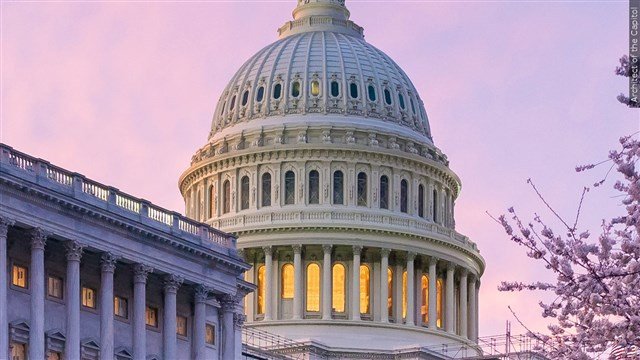Merkley, Wyden announce funding for sagebrush restoration projects, including juniper removal in Deschutes, Harney counties

WASHINGTON (KTVZ) -- Senators Jeff Merkley and Ron Wyden announced Friday the U.S. Fish and Wildlife Service awarded a total of $679,690 to five projects, primarily in Eastern Oregon, that boost habitat restoration and build community resilience to the impacts of climate change.
The projects will support management of invasive grasses, reduce wildfire risks and restore sagebrush habitat.
“Restoring and conserving Oregon’s sagebrush ecosystems is critical to protecting biodiversity, mitigating the dangers of invasive species, and making our landscapes more resilient to climate chaos and wildfires,” said Merkley, who used his position as Chairman of the Interior Appropriations Subcommittee to secure this funding in the Bipartisan Infrastructure Law. “This crucial funding will support collaborative conservation efforts and help ensure our rural economies and important rangelands are strong long into the future.”
“Oregon’s sagebrush ecosystems are critical to ensuring resilience against the disastrous effects of the climate crisis like wildfires and drought,” Wyden said. “This federal funding will help regions on the frontline of this fight use a proven approach of ecosystem restoration and conservation. I applaud this federal investment from the Bipartisan Infrastructure Law that I fought to secure, and will continue to push for more resources to support restoration projects across Oregon.”
Friday’s federal funding from USFWS was made possible by the landmark Bipartisan Infrastructure Law, which is investing nearly $10 million in fiscal year 2025 funds to support 53 strategic projects in Western states focused on habitat restoration and on-the-ground science.
The Oregon projects receiving funding are as follows:
- $197,424 for the Southeastern Oregon Collaboration to address primary threats to sagebrush landscapes in Baker and Malheur counties.
- $166,000 for post-fire restoration to Oregon rangelands in Malheur County.
- $164,195 for the county line juniper removal project in Deschutes and Harney counties.
- $105,447 to improve landscape resiliency on public and private lands for sagebrush obligate species through invasive weed management in Baker County.
- $46,624 for the defending and growing the core: adaptive management and virtual fence at Trout Creek Ranch project in Harney County.
Regarding the Deschutes-Harney project, the Fish and Wildlife Service said, "The project falls within Oregon’s sage-grouse Paulina/12 Mile Misery Flat Priority Areas for Conservation (PAC) and will remove 3,654 acres of primarily phase I juniper. Removing juniper improves ecosystem resiliency in the face of climate change , releases water resources, and enhances public safety and community sustainability by reducing the threat of wildfire."
Partners
Pheasants Forever, Oregon Department of State Lands (DSL)